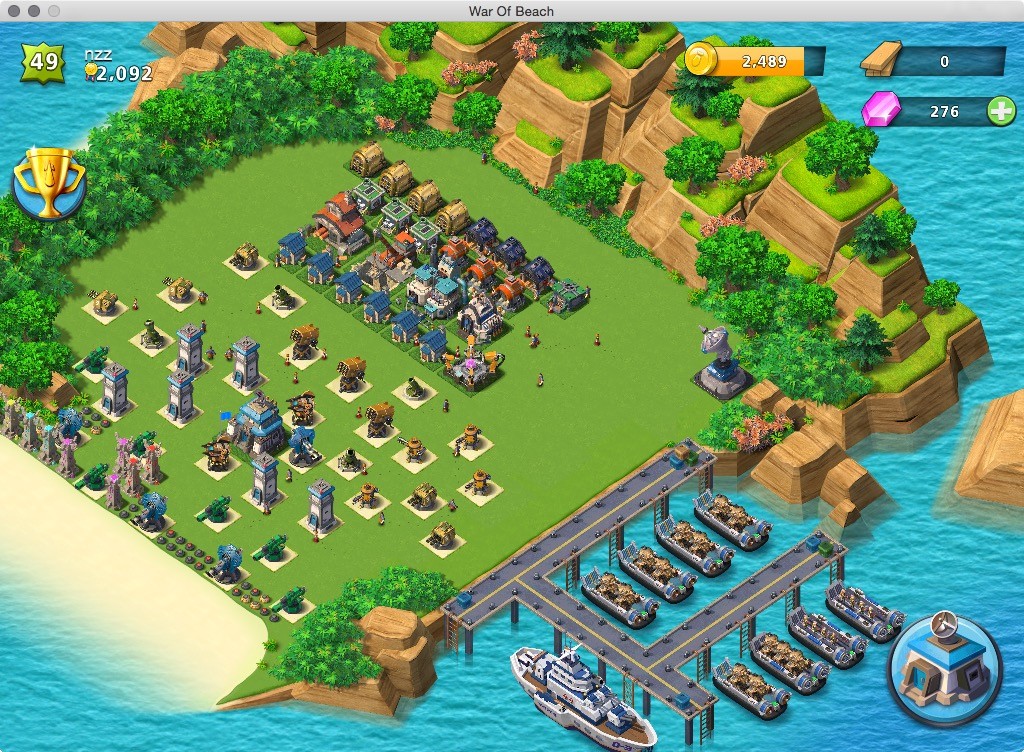

Photo courtesy of the California Surf Museum. The Lifeguards Saved Livesīruce Blandy’s shaping room from a modified AMTRAC. Dave Lambdin, US Air Force 360th Special Forces Air Commando Squadron, told the California Surf Museum. “The huge American force in Vietnam may have had all the money and the manpower and the military hardware, but the Australians had the good beer, the better boots, sought after hats and the most up-to-date surfboards,” Capt.

With Viet Cong troops ensconced in nearby strongholds, the Peter Badcoe Club - named after an Australian Victoria Cross recipient - served as a sanctuary for Australian surfers and military advisers. Sentries armed with machine guns were always on guard.

The Australian army found an empty stretch of beach near Vung Tau, where it built a recreation center on sand dunes and encased it in barbed wire. “Mostly in their early 20s, they had been plucked straight from Australia’s beaches and the then-booming surf culture.” Some 61,000 Australians served in Vietnam in the decade from 1962 to 1972.Īccording to the California Surf Museum’s exhibit book China Beach: Surfing During the Vietnam War and the Healing Power of Wave-Riding, Vietnam was Australia’s longest-running 20th-century conflict, “and the military machine had time to carve out a spot where their soldiers could get away from the hardships of war in the bush. Don McDonald and Sapper Bruce Lauder headed for the surf at Vung Tau. The group, which became known as the China Beach Surf Club, ran from 1968 until the end of the Vietnam War.Īustralian surfers Sgt. A year went by before Martin organized a surf therapy refuge for American service members. At China Beach, officers and enlisted personnel typically enjoyed two to four days of recuperative rest before returning to the jungle.Īt that time, the resort only had six surfboards the lifeguards handed them out to just about anyone. The spot served as a rest and recreation hub for soldiers, sailors, airmen, and Marines. In 1967, Larry Martin, a 22-year-old Navy seaman from Pensacola, Florida, arrived at a waterfront resort on China Beach in Da Nang, Vietnam. While the movie certainly dramatizes the recreational nature of surfing in Vietnam, the real story is equally fascinating. Bill Kilgore, popularized the catchphrase, “Charlie don’t surf.” Kilgore utters the famous line while angrily answering a soldier who questions Kilgore’s plan to take a patch of Viet Cong territory specifically because it’s a good spot for surfing. In the movie, Robert Duvall’s infamous character, Lt. Surf culture’s influence on the Vietnam War is a familiar fact for every cinephile who has watched Francis Ford Coppola’s 1979 masterpiece, Apocalypse Now.


 0 kommentar(er)
0 kommentar(er)
